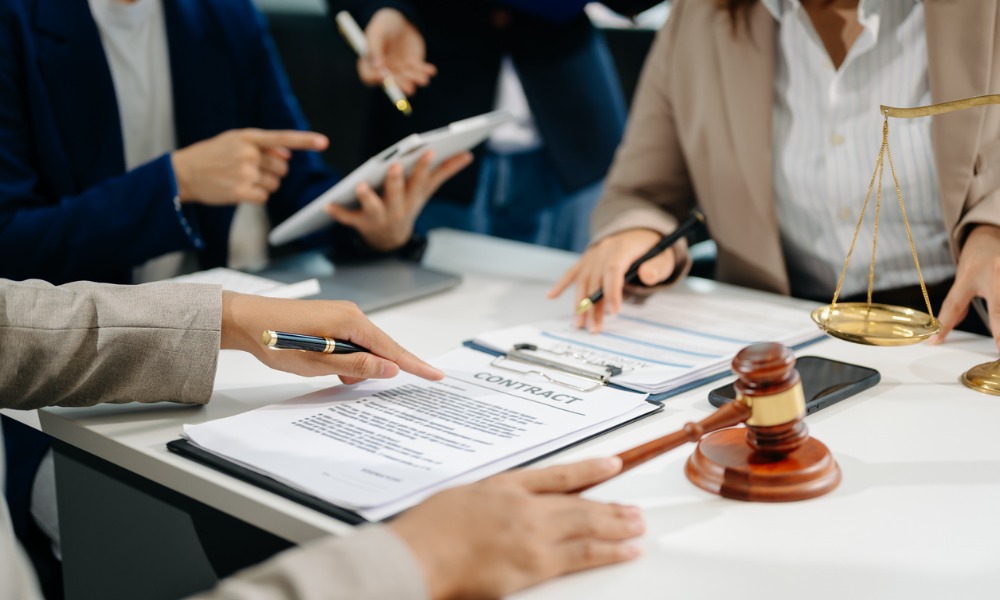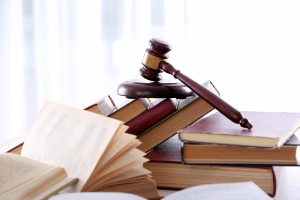
Following an accident causing personal injury, the road to getting just compensation can be difficult and demanding. Any effective personal injury claim is based mostly on strong evidence collecting. Even the most reasonable assertions can fall apart without strong evidence. Evidence is the factual cornerstone; it supports the degree of injuries, proves responsibility, and estimates losses. For insurance adjusters, opposing lawyers, and should it be necessary a court of law, it turns a claimant’s story into verifiable facts. From the moment an incident happens, every bit of information no matter how apparently small can be very important in supporting a case. Anyone pursuing justice following an unexpected injury must first know what qualifies as relevant evidence and how to painstakingly compile it. Websites such as www.injurymiamilaw.com can offer insightful direction for further information on this important point.
Immediate Actions Count
Evidence gathering depends critically on the events right after an accident. Getting contact details from witnesses is equally crucial since their separate narratives can support your interpretation of events. Moreover, seeking quick medical assistance not only gives health top priority but also generates important medical records linking injuries straight to the incident. Delaying these activities can cause vital evidence to disappear or fade with time.
Different Forms of Evidence
A complete personal injury case depends on several kinds of evidence. Among these are:
- Essential are thorough narratives of injuries, diagnosis, therapies, and prognoses. This covers reports from ambulances, hospital records, doctor’s notes, therapy reports, and billing bills.
- Police reports, or incident reports from the employer or property owner, offer an official record of an accident.
- Pictures and videos provide visual record of the accident scene, car damage, injuries, and surrounding environmental circumstances.
- Witness statements objective accounts from those who saw the incident from each other.
- Pay stubs, work documents, and tax returns will help to show lost income resulting from the injury.
Further information on the particular kinds of evidence pertinent to certain injury cases can be found at www.injurymiamilaw.com.
Saving Important Objects
Evidence preservation is just as important outside of first collecting. Physical evidence, including scene items or damaged clothes or goods, should be properly kept to stop more destruction or manipulation. Essential is having a careful record-keeping system for all papers, including medical bills, communications on the accident, and contact with insurance companies. When you seek a personal injury claim, a proactive strategy to gathering and maintaining evidence greatly supports your case.







